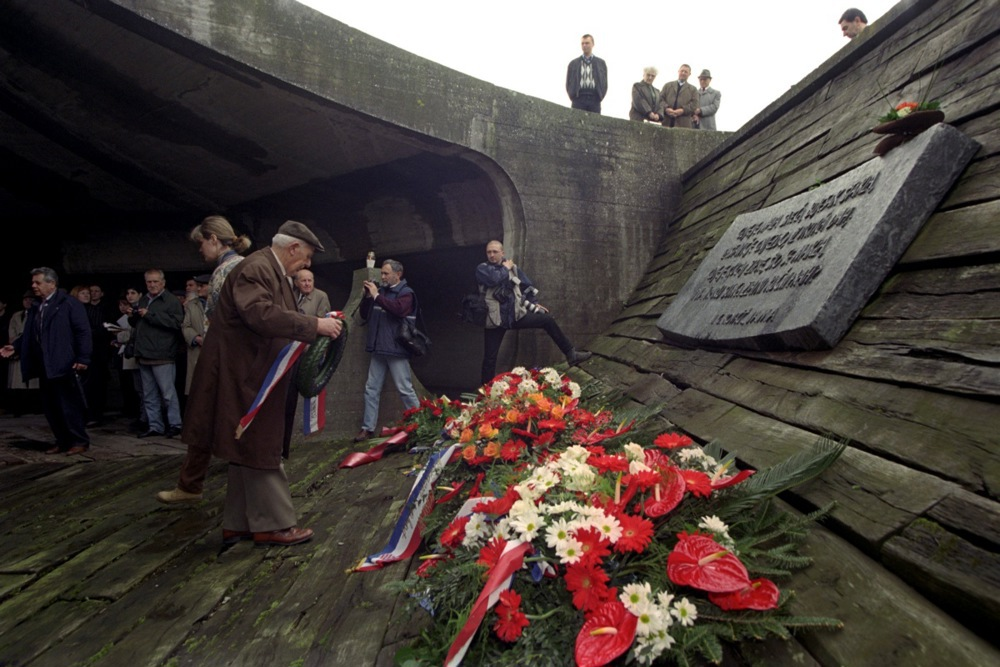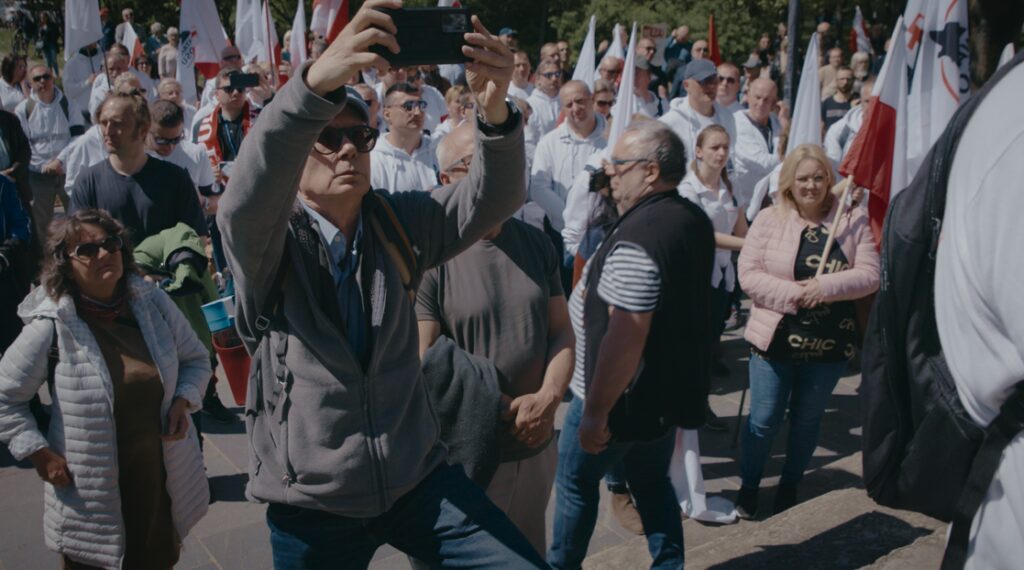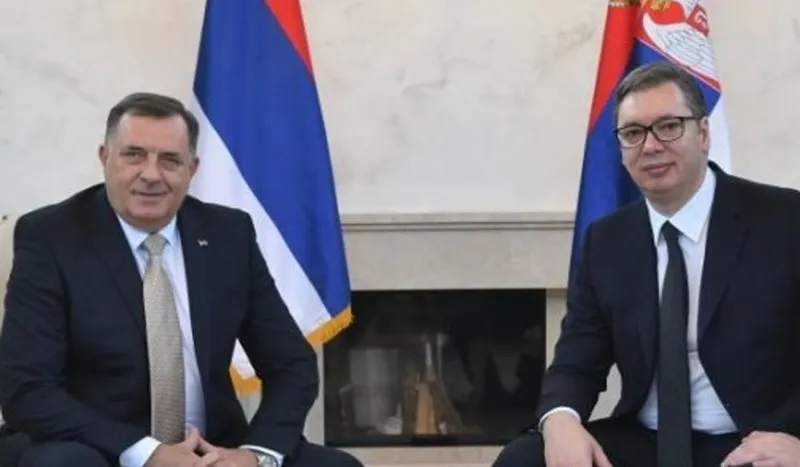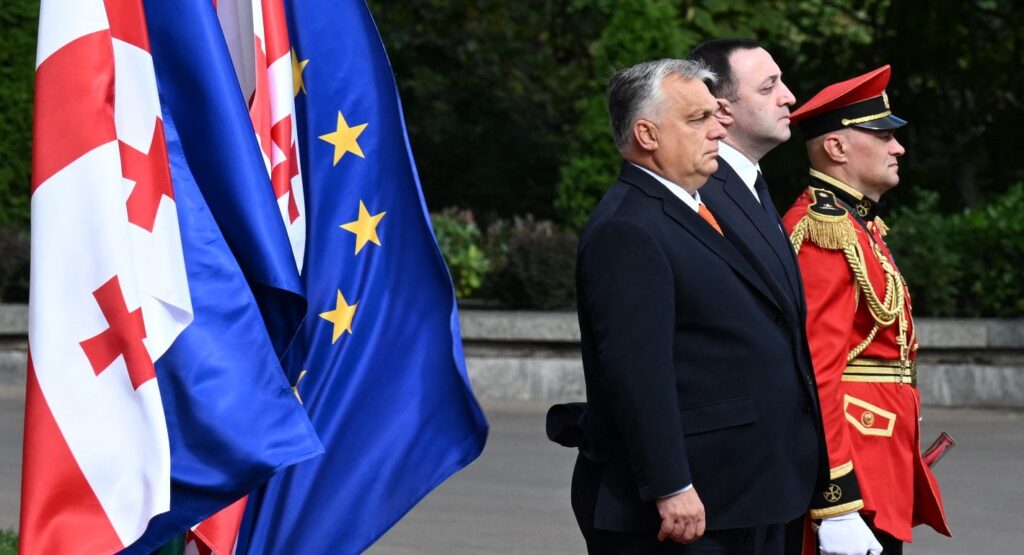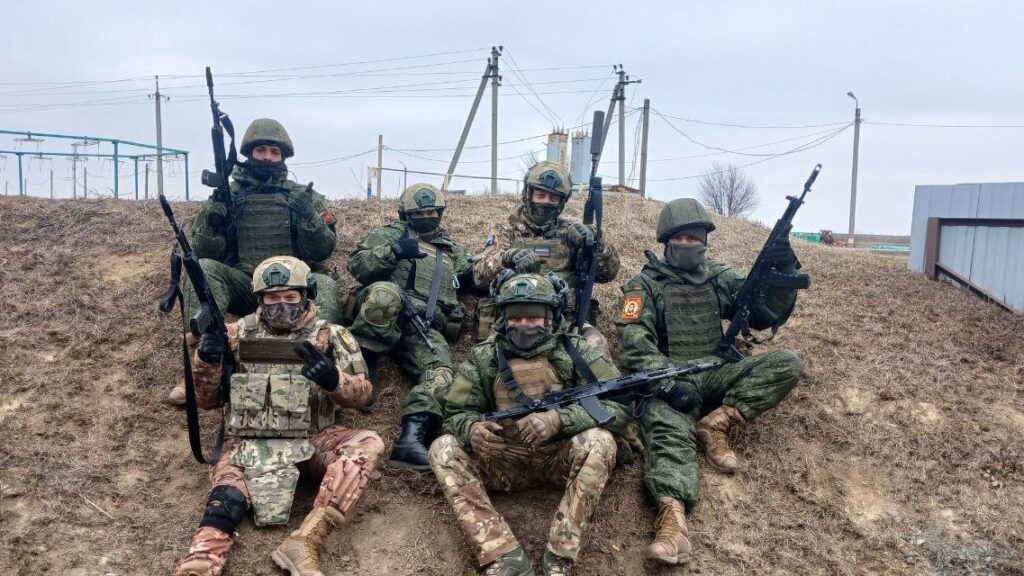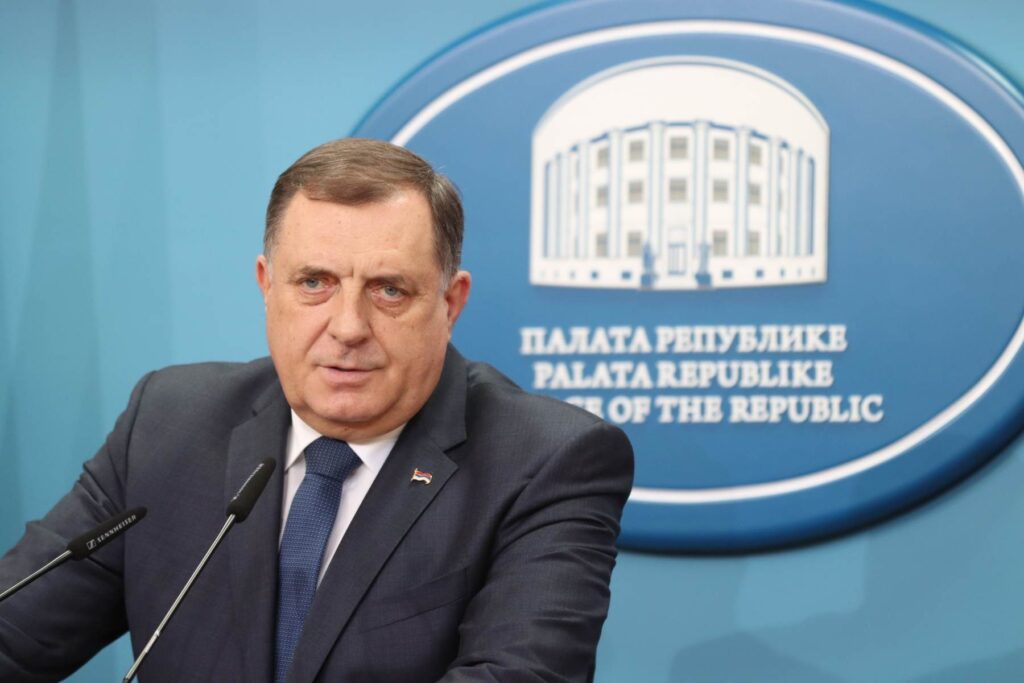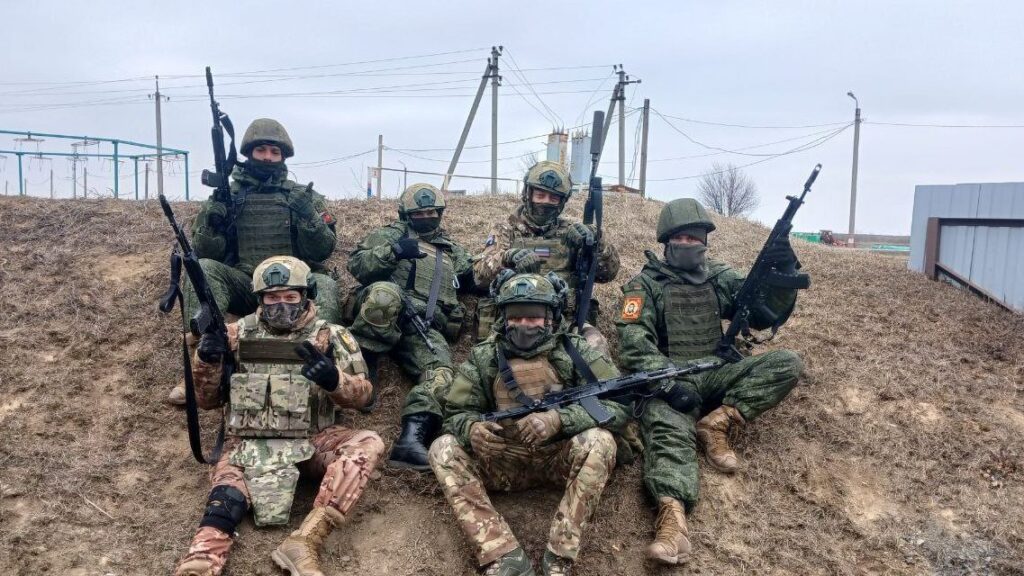Baltics, Nordics, Poland to boycott Hungarian presidency
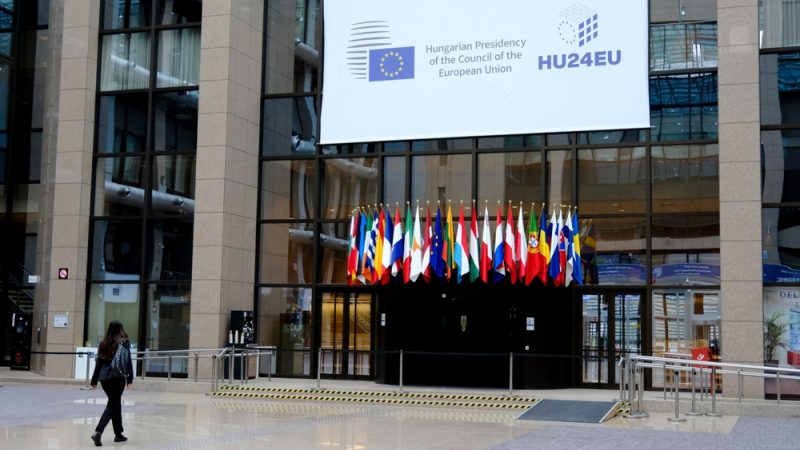
Northern and Eastern European countries will not send any ministers to Hungary during the country’s EU presidency in protest against Prime Minister Viktor Orbán’s solo trip to Moscow.
Orbán has been widely criticised by EU member states and institution leaders for his recent ‘peace missions’ to Moscow, Beijing and Florida, and his case was on the agenda at the Conference of Presidents on Thursday (11 July).


